Innovative Trends in Marine Conservation and Their Impact on Ghana
Introduction to Marine Conservation in Ghana
Ghana, with its rich coastline stretching over 550 kilometers, is home to diverse marine ecosystems that are crucial to both the environment and the local economy. However, these ecosystems face significant threats from overfishing, pollution, and climate change. Fortunately, innovative trends in marine conservation are emerging, offering hope for sustainable management and protection of Ghana's marine resources.
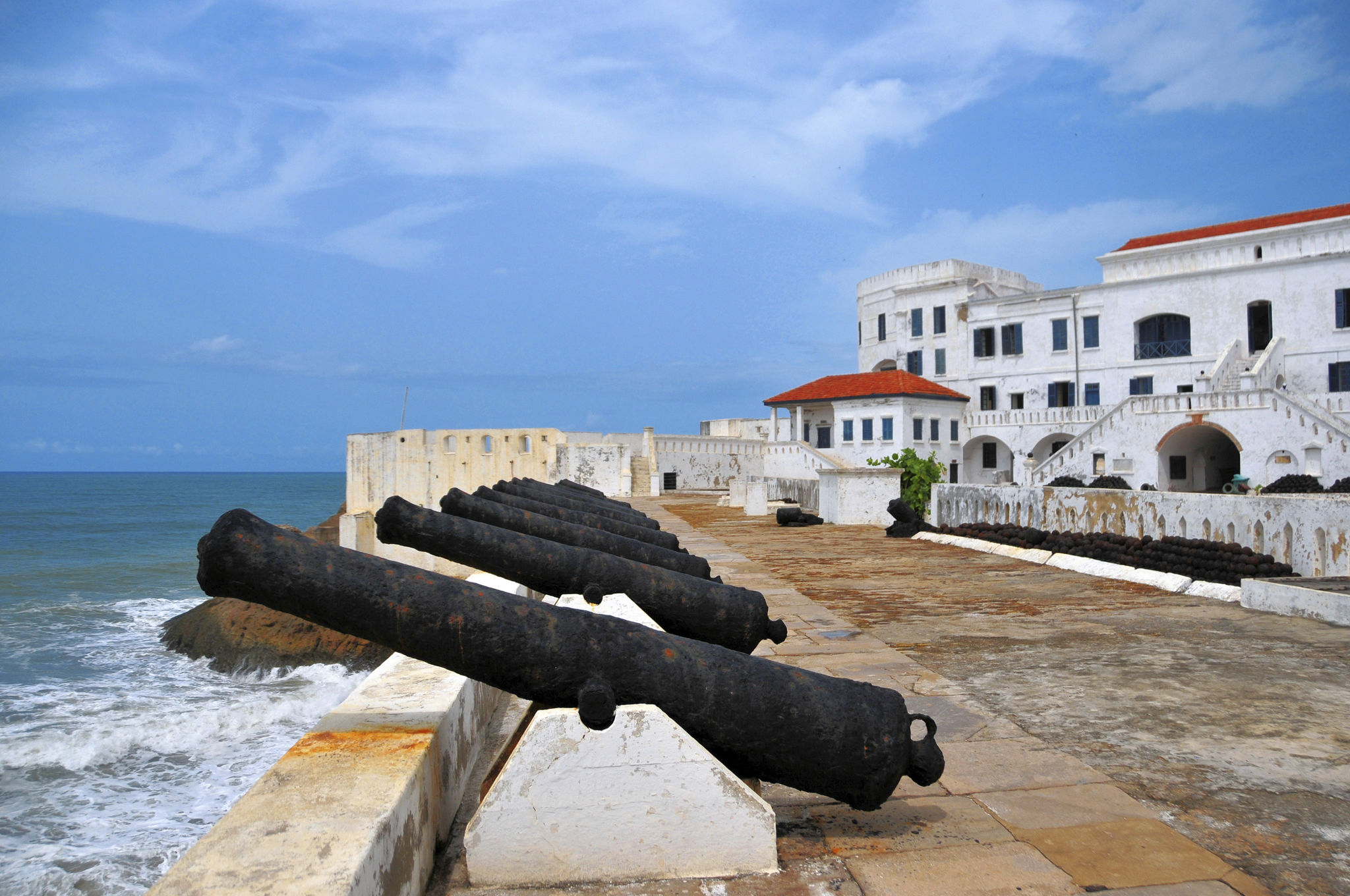
Community-Based Conservation Efforts
One of the most promising trends in marine conservation is the rise of community-based initiatives. By involving local communities directly in the conservation process, these efforts ensure that conservation strategies are both culturally relevant and sustainable. In Ghana, several coastal communities have established Marine Protected Areas (MPAs) where fishing is regulated or prohibited, allowing fish populations to recover and ecosystems to thrive.
These community-led projects not only protect marine biodiversity but also enhance local livelihoods by promoting sustainable fishing practices. As a result, communities witness increased fish stocks and improved economic stability. This approach highlights the importance of grassroots involvement in environmental conservation.
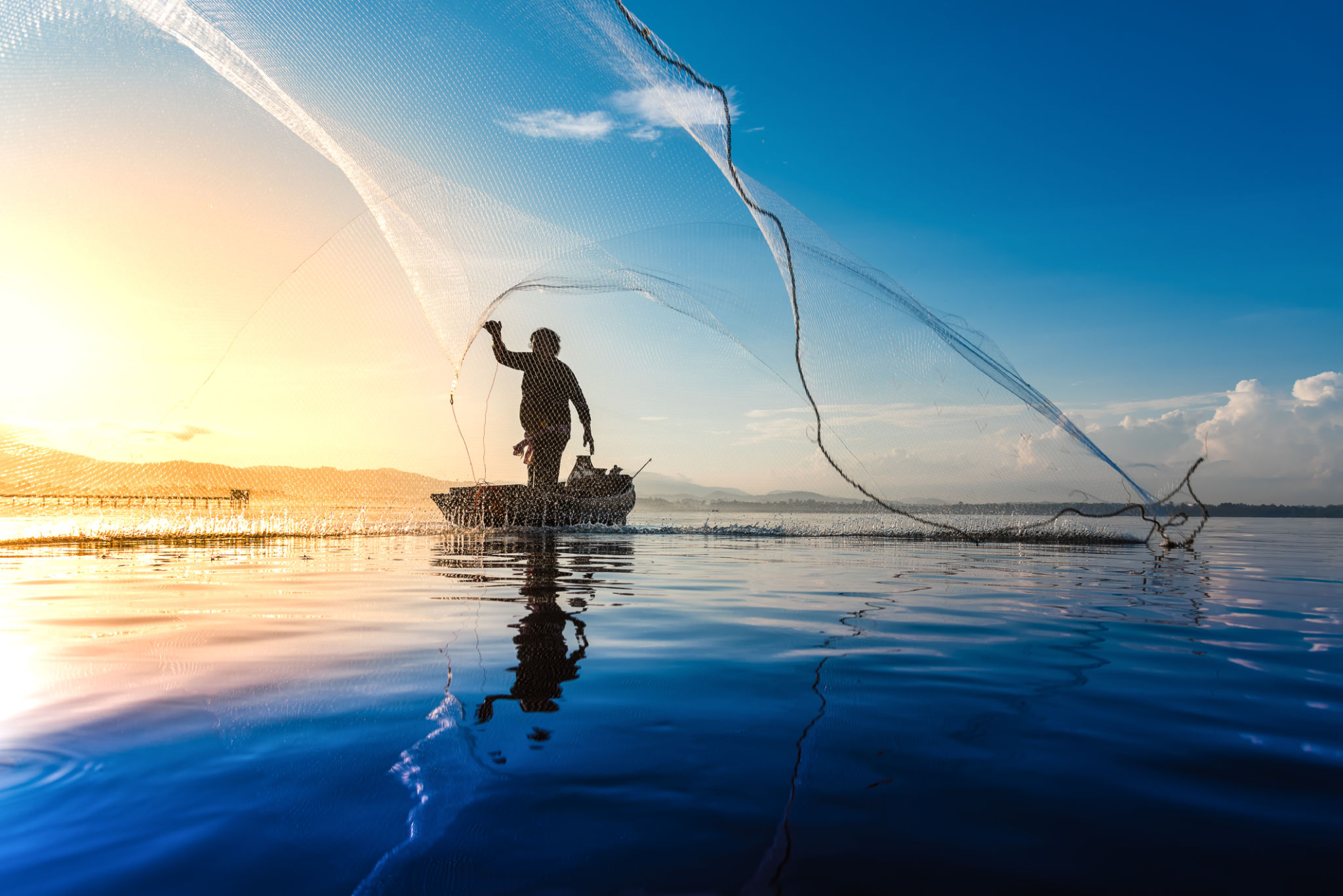
Technological Advancements in Monitoring
Technology plays a pivotal role in advancing marine conservation efforts in Ghana. Cutting-edge technologies, such as satellite monitoring and drones, are increasingly used to monitor illegal fishing activities along the coast. By leveraging these technologies, authorities can effectively enforce regulations and protect vulnerable species from overexploitation.
Additionally, the use of mobile applications and data analytics is helping to improve transparency and efficiency in tracking fish stocks and identifying critical habitats. These technological tools empower both policymakers and conservationists with real-time data to make informed decisions that benefit marine ecosystems.
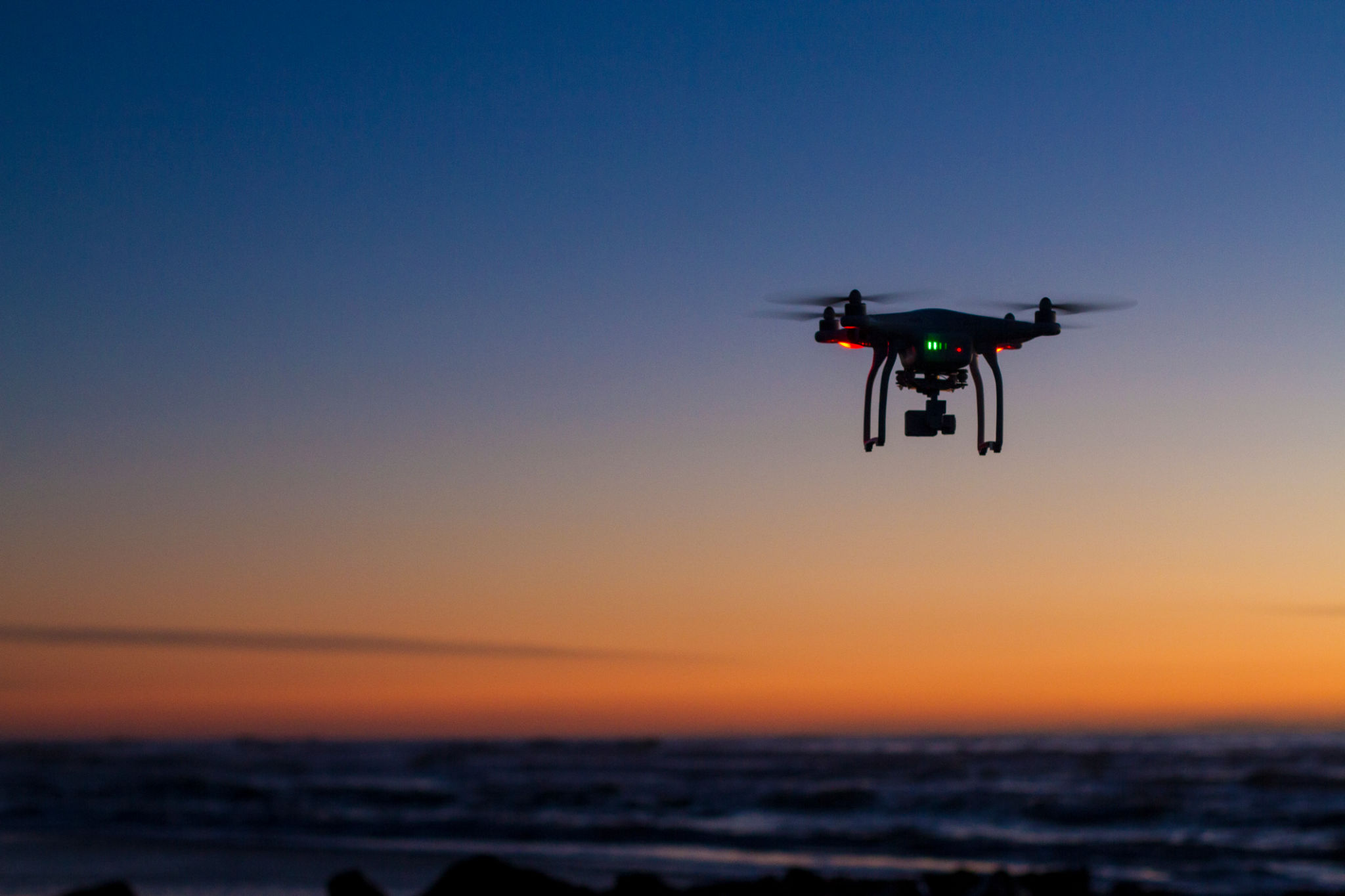
Restoration Projects and Sustainable Aquaculture
Restoration projects are gaining momentum in Ghana as a response to the degradation of marine habitats. Initiatives like mangrove reforestation are crucial for maintaining coastal resilience against climate change impacts such as rising sea levels and increased storm surges. Mangroves act as natural buffers, protecting shorelines while providing vital breeding grounds for numerous marine species.
Furthermore, sustainable aquaculture practices are being promoted as an alternative to wild fishing. By cultivating fish and shellfish in controlled environments, Ghana can reduce pressure on natural fish stocks while providing a reliable source of protein for its population. This shift not only contributes to food security but also supports economic growth.
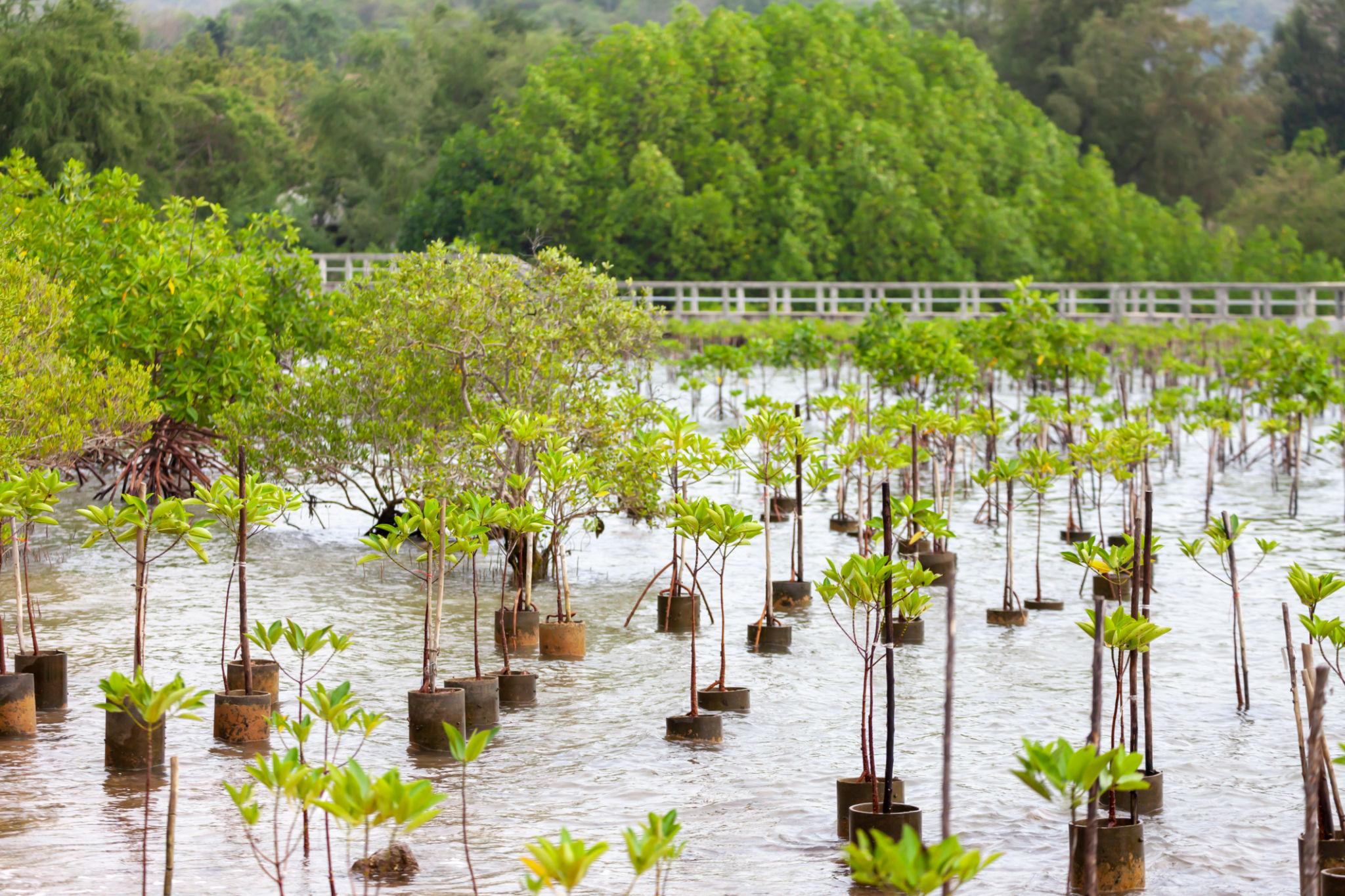
Educational Programs and Awareness Campaigns
Education is a cornerstone of successful marine conservation. Awareness campaigns and educational programs are instrumental in changing public perceptions and behaviors towards marine resources. In Ghana, schools and community centers are increasingly focusing on environmental education, teaching the next generation about the importance of preserving the ocean and its inhabitants.
These programs often include workshops, seminars, and hands-on activities that engage participants in conservation efforts. By cultivating a sense of stewardship among young people and the broader public, Ghana is nurturing a culture that values and prioritizes marine conservation.
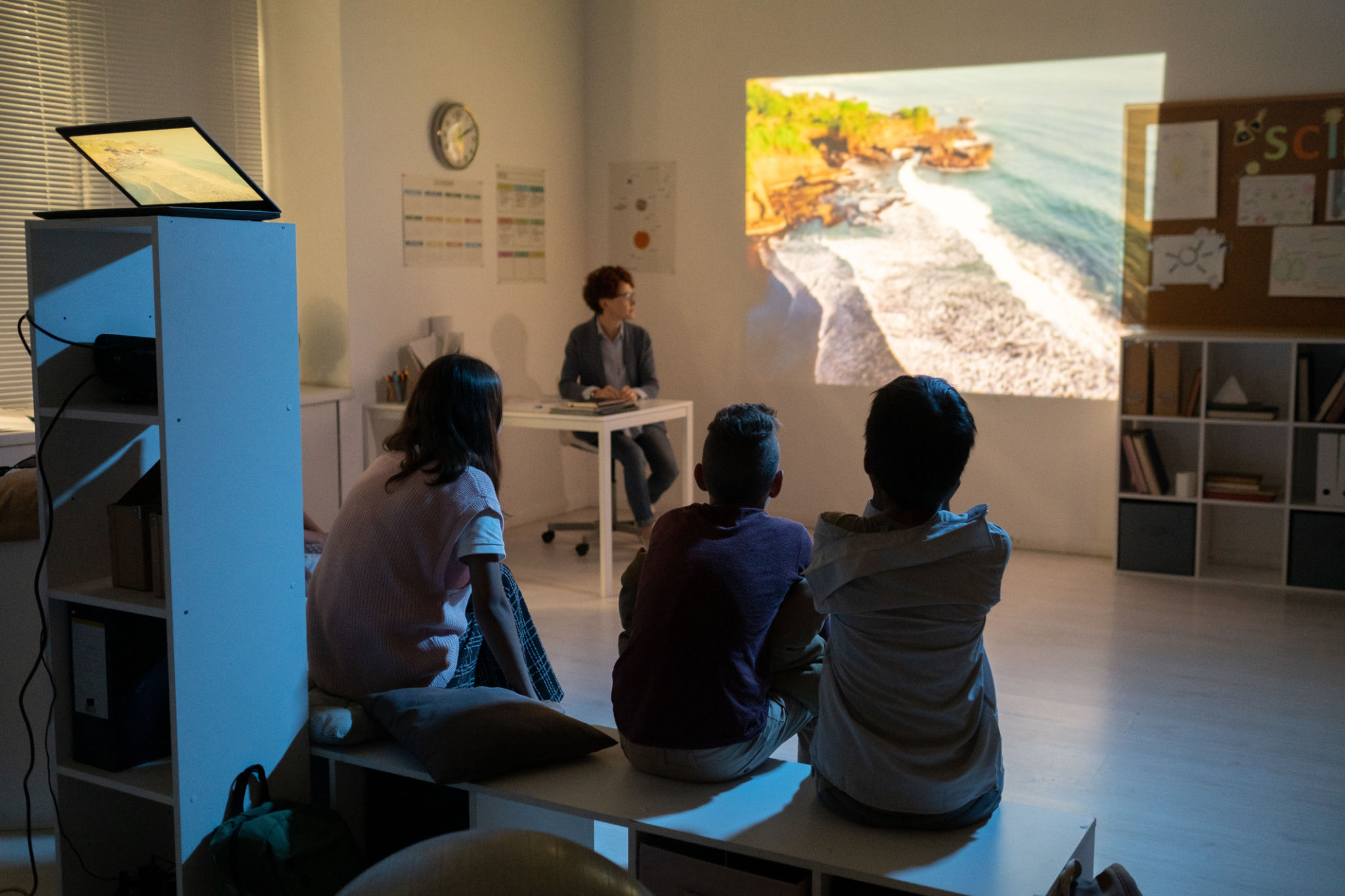
The Broader Impact on Ghana
The innovative trends in marine conservation hold significant potential for transforming Ghana's coastal regions. By protecting marine biodiversity, these initiatives help ensure food security, support economic development through sustainable fishing practices, and foster resilience against climate change.
Moreover, by integrating traditional knowledge with modern science and technology, Ghana is setting an example for other nations facing similar challenges. The country's commitment to marine conservation not only benefits its own citizens but also contributes to global efforts to preserve our oceans for future generations.